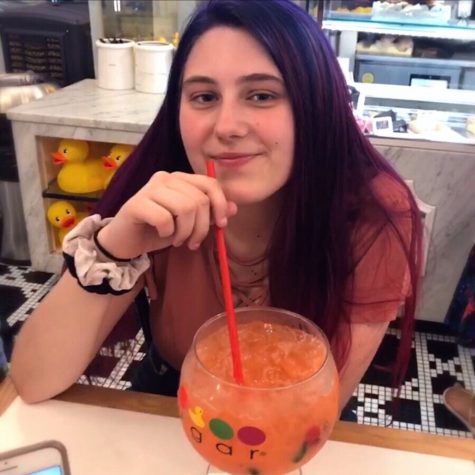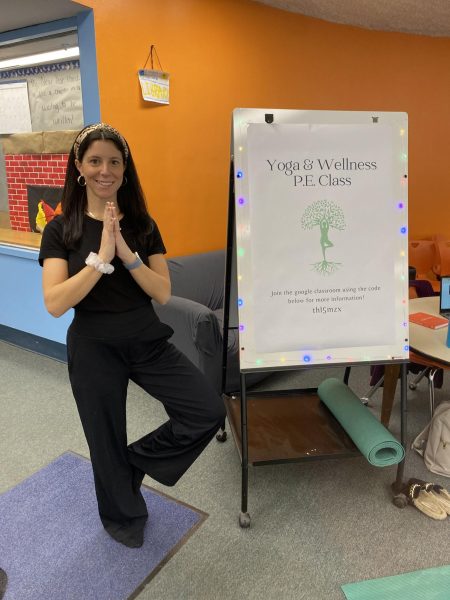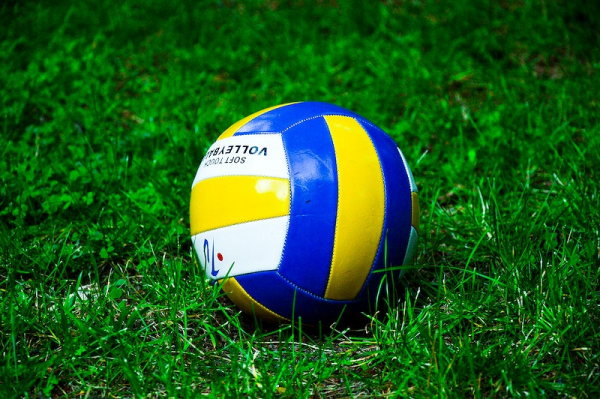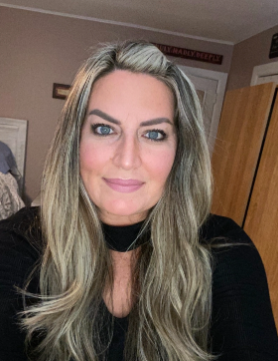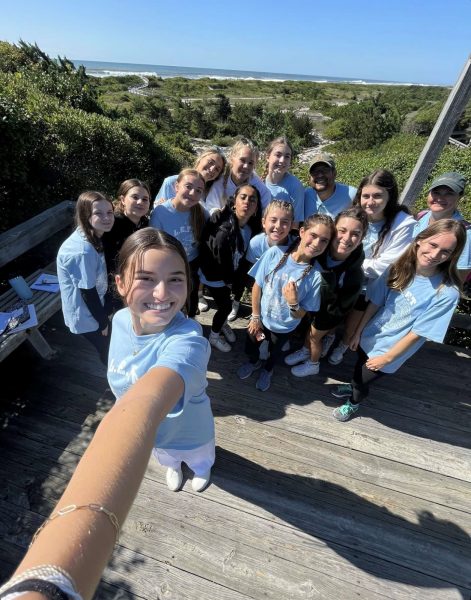Intro to Sociology is Introduced at LHS
LHS offers a huge variety of classes and electives, and there are always new ones being added.
January 28, 2019
The end of the 1st semester is just around the corner meaning it’s time to start planning what courses to take next year. LHS offers a huge variety of classes and electives, and there are always new ones being added. If you have some extra room in your schedule and you don’t know what to fill it with, perhaps consider taking Intro to Sociology, a new course that is currently running for the first year, or Fashion Illustration, a course that hasn’t been running for years, but will be offered as an elective for next year, or perhaps even the new guitar class that will be running for the first time next year.
Intro to Sociology is a course taught by Mr. Viggiano. It’s a new class that is currently being taught for the first time in LHS as a semester course, but next year will be a full year A/ B day class. Students who take the class can expect to learn about society, culture, and all the different aspects of society and culture including, gender, sexuality, education, aging, technology, race, etc. A student currently taking the class, Faith Calderaro (Senior), refers to it as “a great opportunity to explore human interaction and to analyze day to day relationships.”
The class is available to take as a junior or senior so all current sophomores and juniors are able to put the class onto their course request forms for the 2019/ 2020 school year. If you’re interested in taking the class, just be prepared for a very non traditional classroom environment. Textbooks and tests aren’t a big part of it at all. While yes, students are given access to a textbook which they are encouraged to use and there are occasional tests, the class mainly requires students to figure out how to do their own research and how to present it in a clear, organized way during classroom discussion. Sociology provides valuable insights to interactions present throughout cultures and societies and helps to pave the way to a deeper understanding on how these interactions have lasting impacts. — Michael Rivera (Senior)


